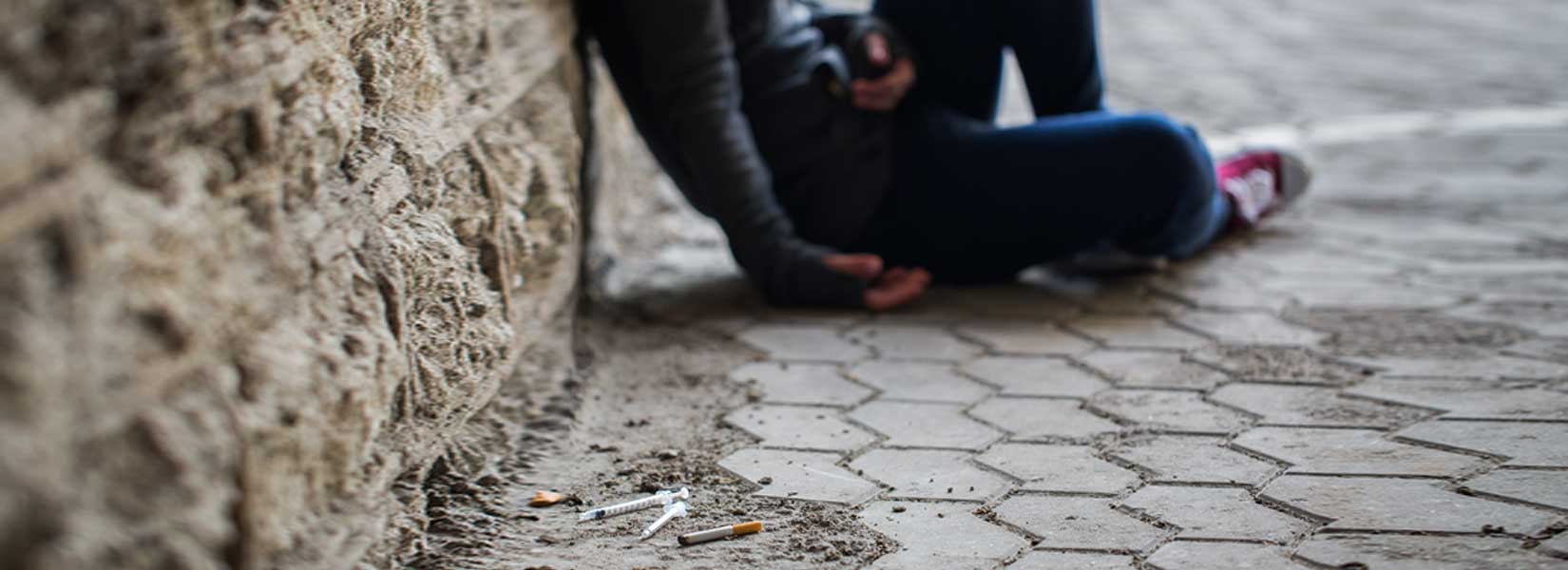Telling Teens Isn’t Enough – Signs of Teenage Drug Use
Would it be surprising to know that there are many cases of teenage drug use? Not teens, but pre-teens, pre-adolescent people. That means that while some children are playing with Legos, others are smoking marijuana, taking ecstasy, and even trying heroin. It’s shocking to some, but those within the drug rehabilitation community know that the earlier someone starts experimenting, the earlier they will find their drug of choice.
These signs of drug use are present in teens, and a parent who’s looking for them will notice much more quickly than if they had simply gone through their day.
The Risks of Teenage Drug Use
First off, teenagers are at a critical stage of mental and physical development. Drug use, and abuse, can lead to significant mental and emotional damage as they fail to mature. Then there are the physical health risks. Not only is doing drugs bad for your health, but it’s worse for teens who don’t have fully developed organs, including their brain, and can’t understand high-risk situations.
A teen will surely have a fight or flight response, but understanding that is going into a back room for drugs is bad isn’t always going to register. Teens also experience drugs in a very different way than adults do because of their brain development. Essentially, teens will experience more intense instances of pleasure, or joy from drug use, making them more susceptible to developing addictions.
Academic Performance
If you’ve watched a documentary, series, or special on drug addiction, then you’ve heard something similar to, “they were a great student until they started using.” It’s a very real scenario, and while your all-star student might just be slipping, there might be other causes in that issue.
A drop in academic performance is definitely worth a discussion even if you don’t immediately suspect drug use. If you notice that your child went from As to Cs or Ds in their classes, then consider talking to their teachers. Ask if your teachers are noticing any changes in your teen. You can’t always be present, but talking to the other adults in your kid’s life can help fill in some knowledge gaps.
Physical Signs of Teenage Drug Use
The most obvious is the changes in their eyes. Drinking will often result in bloodshot eyes, while marijuana use will frequently result in droopy, red eyes. However, when it comes to looking out for harder drugs, you will want to pay particular attention to their pupils. Too small or too big are both causes for concern.
In addition to evaluating their eyes, consider looking at their skin, pallor, and even their teeth. Smoking anything will often lead to discoloration and deterioration of the teeth. Meth and similar drugs will often result in the user picking or scratching at their skin constantly. Look for any physical changes, and then discuss those changes with your child. Do they try to explain them away?
Mood Changes
Up until this point identifying drug use has been fairly two-sided. But, mood changes are difficult because teenagers are already overly sensitive and have problems managing their emotions. They may lash out, become irritable, and yell for seemingly no reason. However, when your teen is acting despondent or outright aggressive, then it’s time to consider intervention.
Mood changes are what will cause most adults to step in on their teen’s behavior. Although many physical changes and academic changes may happen for any number of reasons, mood changes are often unacceptable.
How and When to Intervene
Are there treatment centers for teens, and how do they work? Should you send your kid off to a center away from home so they don’t have contact with friends that might supply them with drugs? These are all areas of concern for parents that suspect teenage drug use. The best way to start is with a drug test. Often parents will jump the gun and search their room, which is entirely within their right. However, it can breakdown trust, especially in the event that there was no drug use.
An at-home test should confirm or deny your suspicions. Then, talk to your teen about therapy and possibly treatment. You don’t have to beat around the bush, but therapy is the foundation of rehabilitation. With the proper treatment option for your teen, you can get ahead of the drug use and get them help early. Early intervention is always best, but make sure that you’re not only accusing them of using drugs but that they’re actually doing it.
